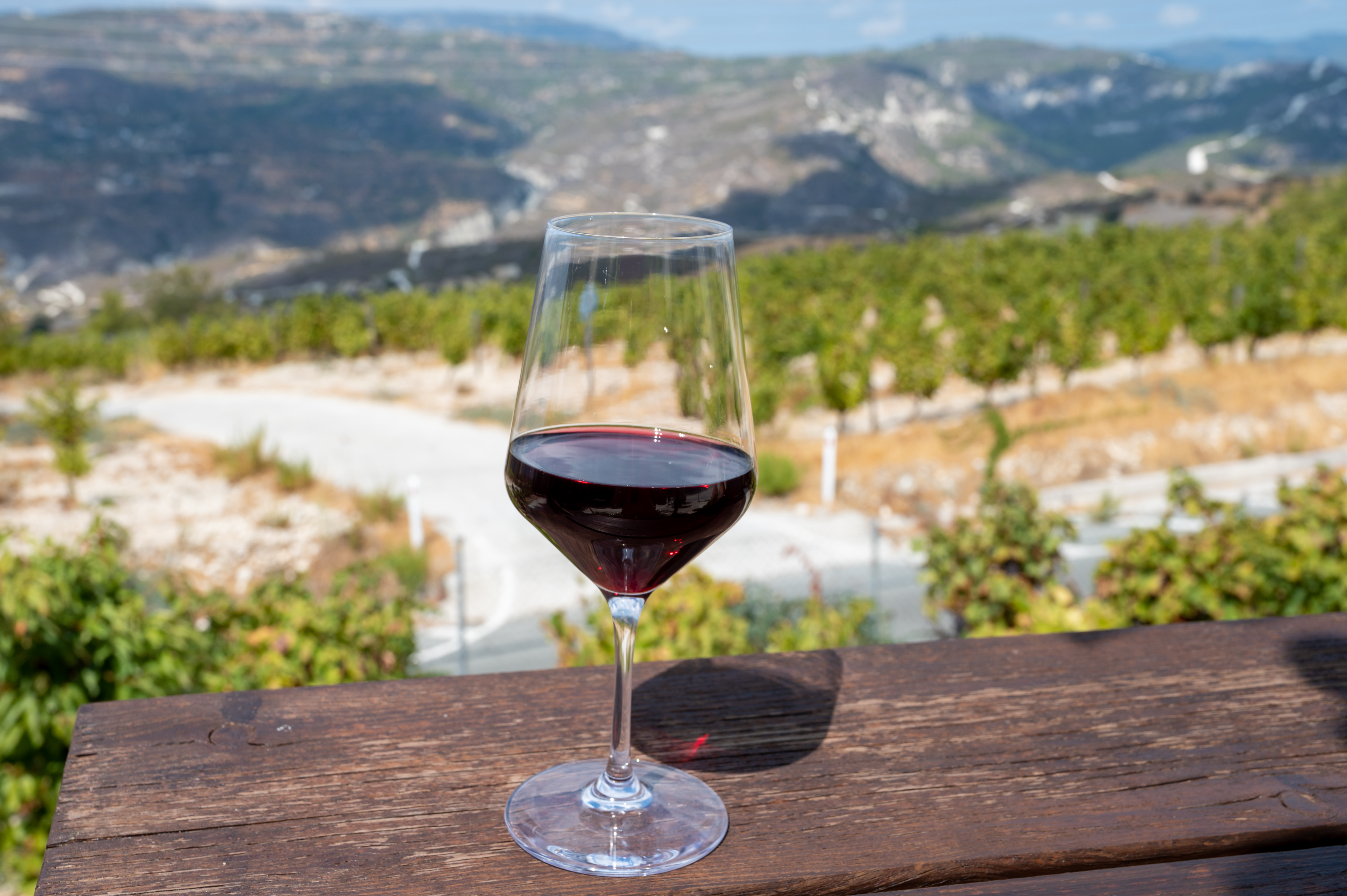‘2024 was one of the hard years experienced by the grape growers’
It is already evident that tables this year have not be laden with the green and burgundy varieties of sweet grapes we have been used to in Cyprus – another inconvenience we can blame on the heat.
This summer’s heatwaves and the prolonged drought have taken their toll on vineyards, as blossom on the vines has not produced the equivalent in juicy table and wine-making grapes.
“2024 was a year of limited rainfall, that negatively impacted many crops. Grapes were one of the most affected crops,” senior officer at the department of agriculture Savvas Hadjimichael told the Cyprus Mail.
He explained that “most of the nearly 7,000 cultivated hectares rely on rainfall for sufficient yield.
“As the season was progressing, it became evident that the yields were below expectations, especially in the wine region that occupies the slopes of Troodos mountains and the lower hills of Limassol and Paphos,” he said.
Hadjimichael added that most of the wine- growing area was declared as ‘affected’ from drought and farmers were informed to submit their claims.
“Namely, the whole of Paphos and Pitsilia wine regions, a large number of villages in the Limassol district and a number of villages in other areas. Loss assessments are underway and the percentage of losses will be confirmed soon,” Hadjimichael said.
Table grapes have been adversely affected too.
“The extremely high temperatures of May and June were not favourable for table grapes, the main cultivation zone of which extends from Limassol city up to Peyia. By that point, the table grapes were approaching maturation and were vulnerable to heatwave damage,” Hadjimichael said.
He added that 25 villages were declared as ‘affected’, loss assessments concluded in declaring the percentage losses and the farmers who submitted their claims were informed of the results.
“High temperatures also caused losses in a remote wine-growing area of Larnaca,” he said.
To add insult to injury, in came the hail.
“Some hailstorms of local importance occurred. At the beginning of the season, a number of hail incidents caused losses in various locations of Pitsilia and a remote area of western Paphos, while a most recent incident affected an extended area in western Limassol,” he said.
“2024 was one of the hardest years experienced by the grape growers, either for wine or table use,” he said.
He added that the agriculture ministry and its affiliated institutions are undertaking every action possible to assist the grape sector to mitigate the damages which are escalating as a consequence of climate change.
Through August, the agriculture ministry called on vineyard owners to report the damage to their wine-making crops of various varieties due to the prolonged dry season.
Wine grapes cultivated in Cyprus are Chardonnay, Cabernet Sauvignon, Merlot, Grenache, Syrah, Mataro or Mourvèdre, local Mavro, Xynisteri and Maratheftiko.
Table grape varieties are sultana, Victoria, Italia, superior seedless, crimson seedless, cardinal, fraoula, veriko, red globe and aetonyhi.
Early grapes begin ripening in July, followed by table grape varieties in August and the rest in September and October.
Vines in Cyprus are seen growing in neat rows in vineyards and in house gardens to provide shade as well as their grapes. Veriko is a popular climbing vine for gardens, with its knuckled trunk seen winding its way over frames in most village gardens.







Click here to change your cookie preferences